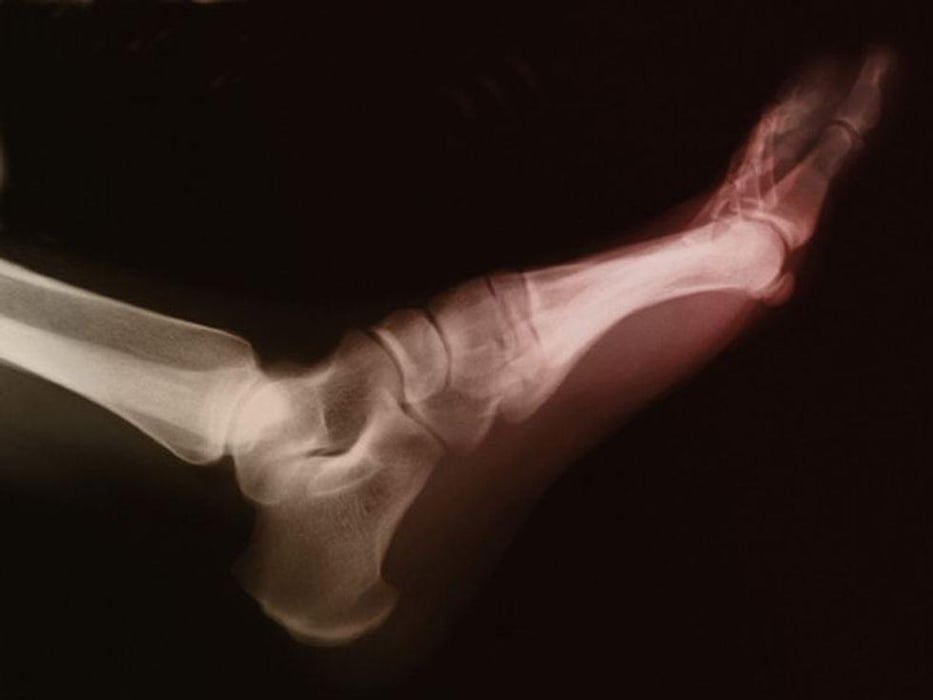Flat-Footed: What Works Best to Fix ‘Fallen Arches’?

TUESDAY, Sept. 7, 2021 (HealthDay News) — If you have fallen arches, you know just how debilitating they can be.
Now, doctors have some new guidance on which patients with this condition — also called flat feet — would benefit most from surgery.
"Roughly half of patients will need surgery," said Dr. Scott Ellis, a foot and ankle surgeon at the Hospital for Special Surgery in New York and senior author of a new study. "If the foot continues to hurt and limits quality of life and function, and there's pain from walking, travel and other activities, then we say it's time to perform surgery."
Fallen arches are relatively common with advancing age and affect at least 3% of women over 40 and more than 10% of folks over 65. The condition is more common in women and excess weight increases the risk.
The condition is caused by weakening, stretching or other changes to the tendons and ligaments in the foot and can significantly affect mobility.
"Once the foot starts collapsing, it never uncollapses, and the worry is that over time the ligaments will continue to stretch, the foot will flatten, and the pain will increase," Ellis said in a hospital news release.
A combination of stretching, physical therapy and the use of orthotic devices may help people with milder cases, but more severe cases may require surgery to reshape the foot and restore function.
To find out which patients would benefit most from surgery, researchers analyzed data from 71 patients who had surgery between early 2016 and early 2018. Average follow-up was 27 months.
Those who reported the most severe impairment were most likely to experience clinically meaningful improvements after surgery.
Patients with a score of less than 40.9 on scale of physical function had a nearly 98% chance of clinical gains, compared with 14% for those with an impairment score of 45.7.
The findings were recently published in the journal Foot and Ankle International and presented at a meeting last week in San Diego of the American Academy of Orthopaedic Surgeons.
Researchers said their findings will help surgeons advise patients about their chances of a successful operation.
"When a patient walks in the door, you can get an idea of where they stand on that scale, and we know based on our study where patients need to land to achieve clinically meaningful improvements from the surgery," said study first author Dr. Matt Conti, a chief resident.
"It could be a real-time decision with the patient and something they could follow over time to allow them to see the trajectory of their recovery and where they are heading," he added.
More information
The American Academy of Family Physicians has more on flat feet.
SOURCES: Hospital for Special Surgery, news release, Aug. 31, 2021
Related Posts
Brain Scans Give Clues to Binge Eating Disorder in Young Kids
FRIDAY, March 18, 2022 (HealthDay News) -- Children who binge eat may be...
Patient Preferences Examined for CRC Screening Modalities
WEDNESDAY, Sept. 21, 2022 (HealthDay News) -- Unscreened adults aged 40 years...
Coping With Nicotine Withdrawal Symptoms
MONDAY, Jan. 9, 2023 (HealthDay News) -- Giving up nicotine can be a brutal...
